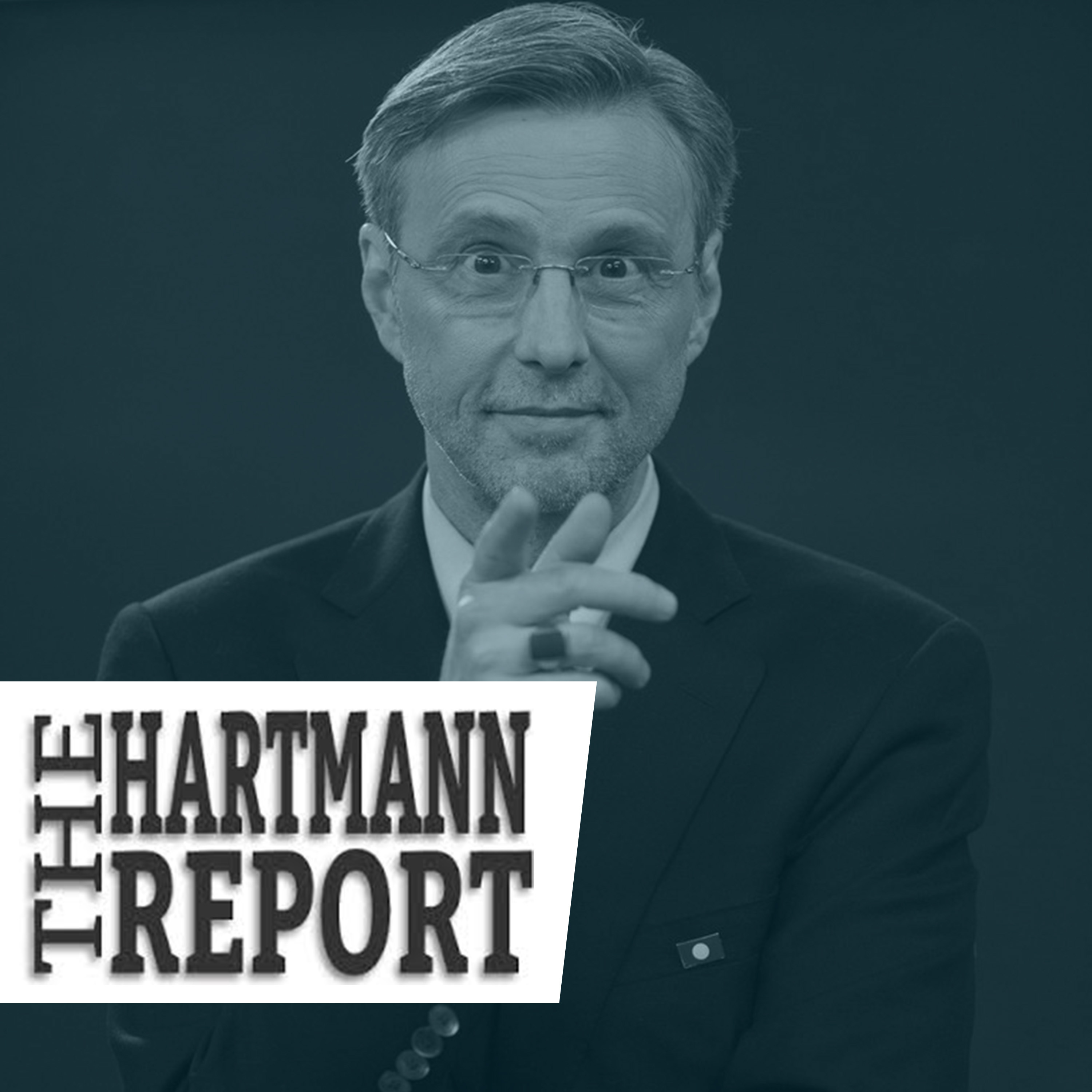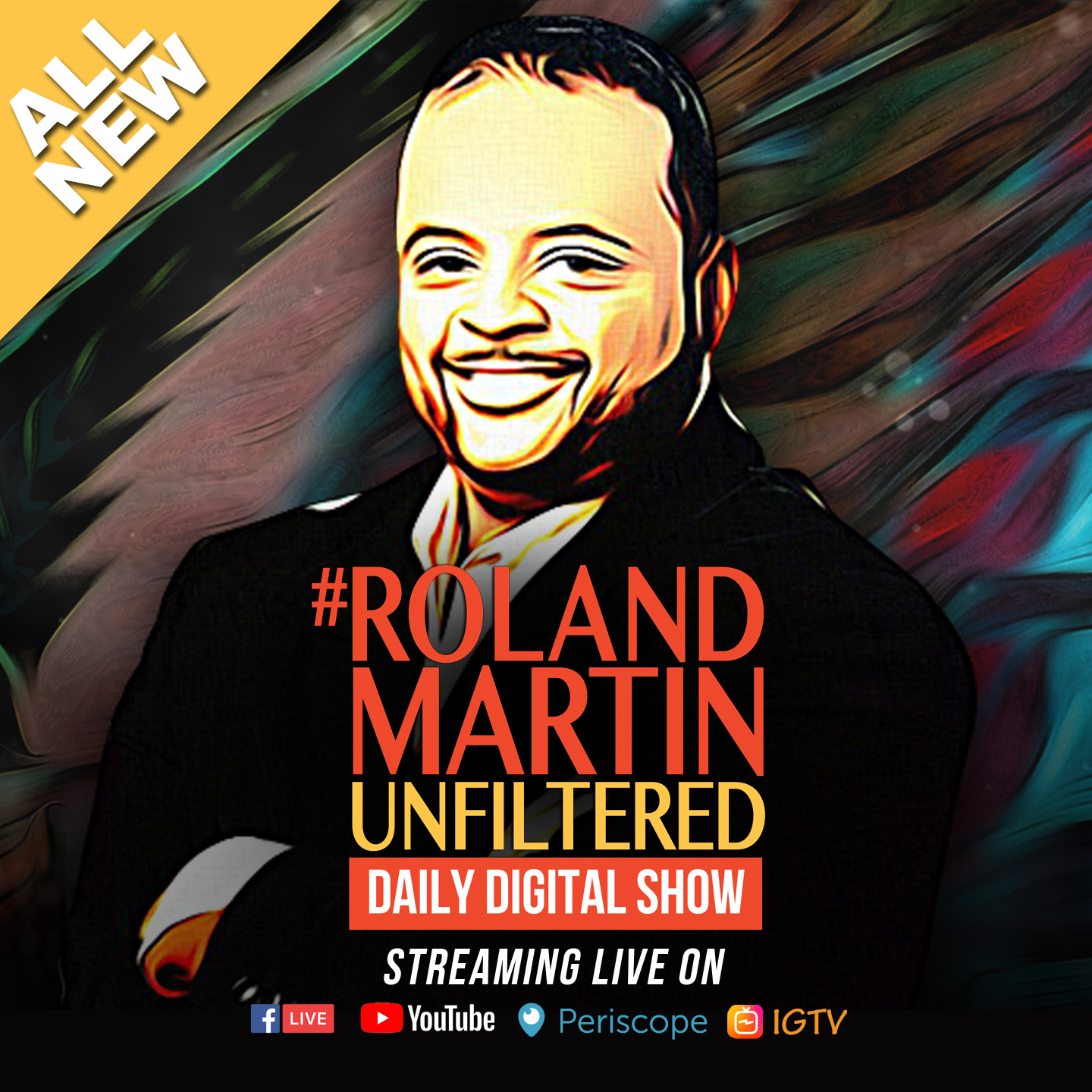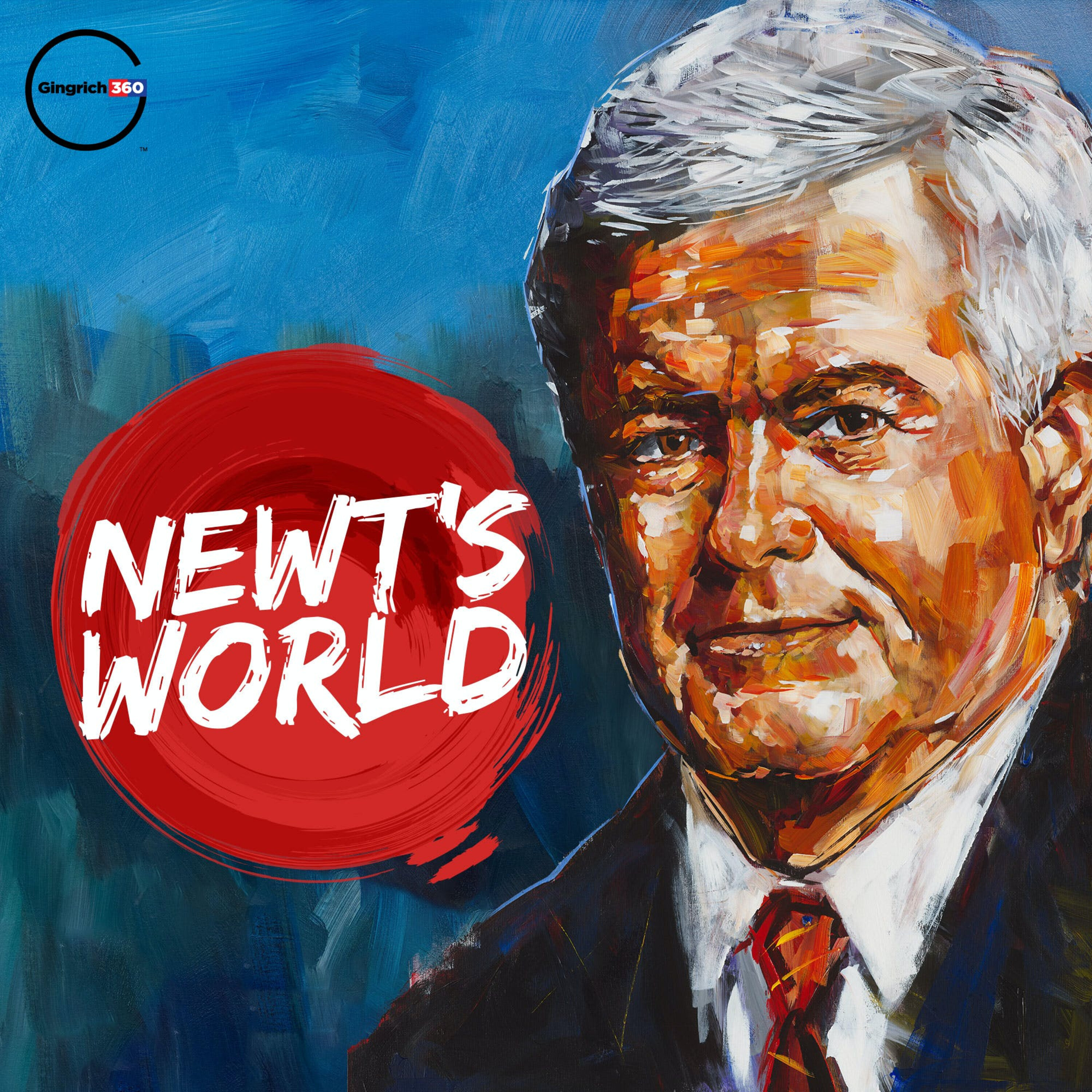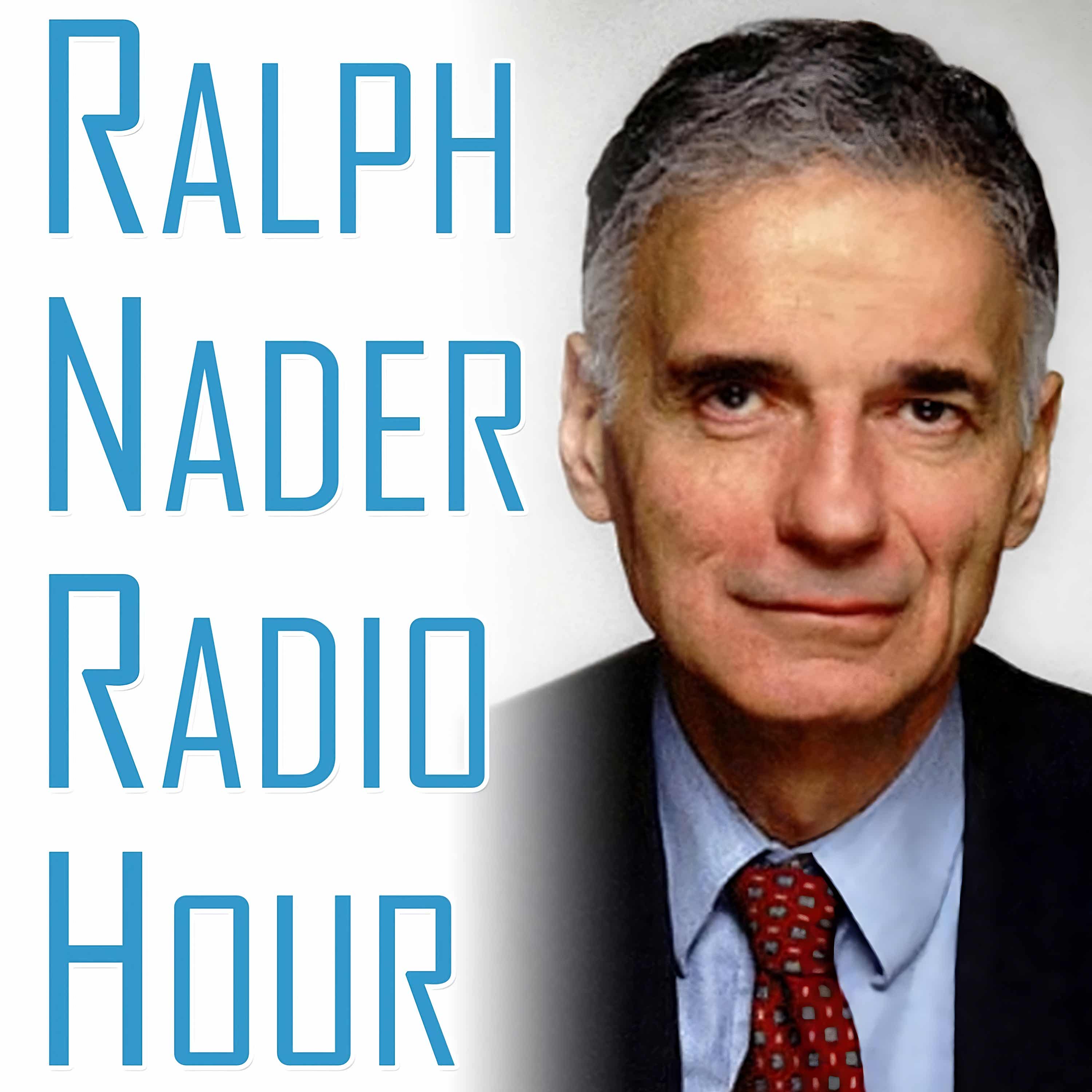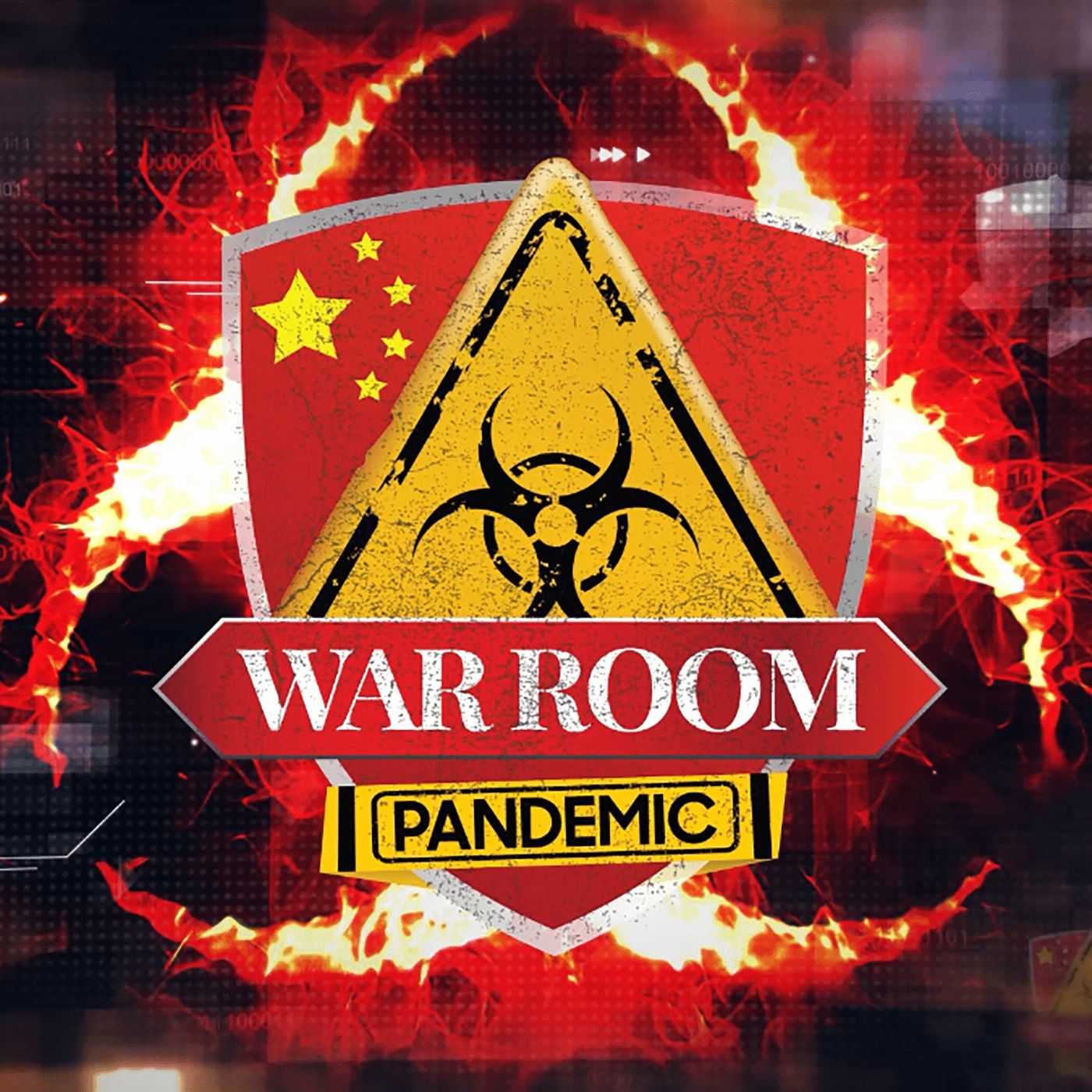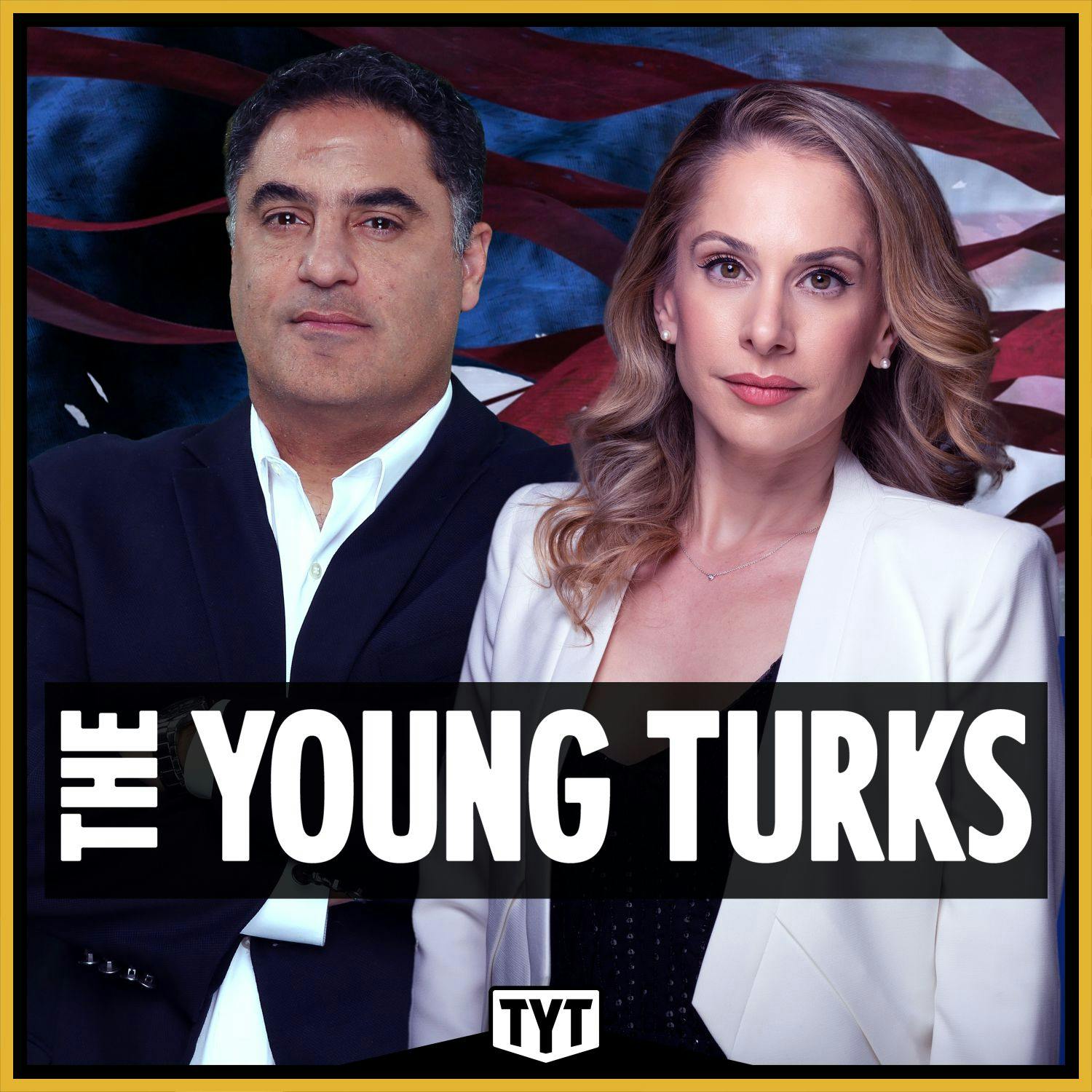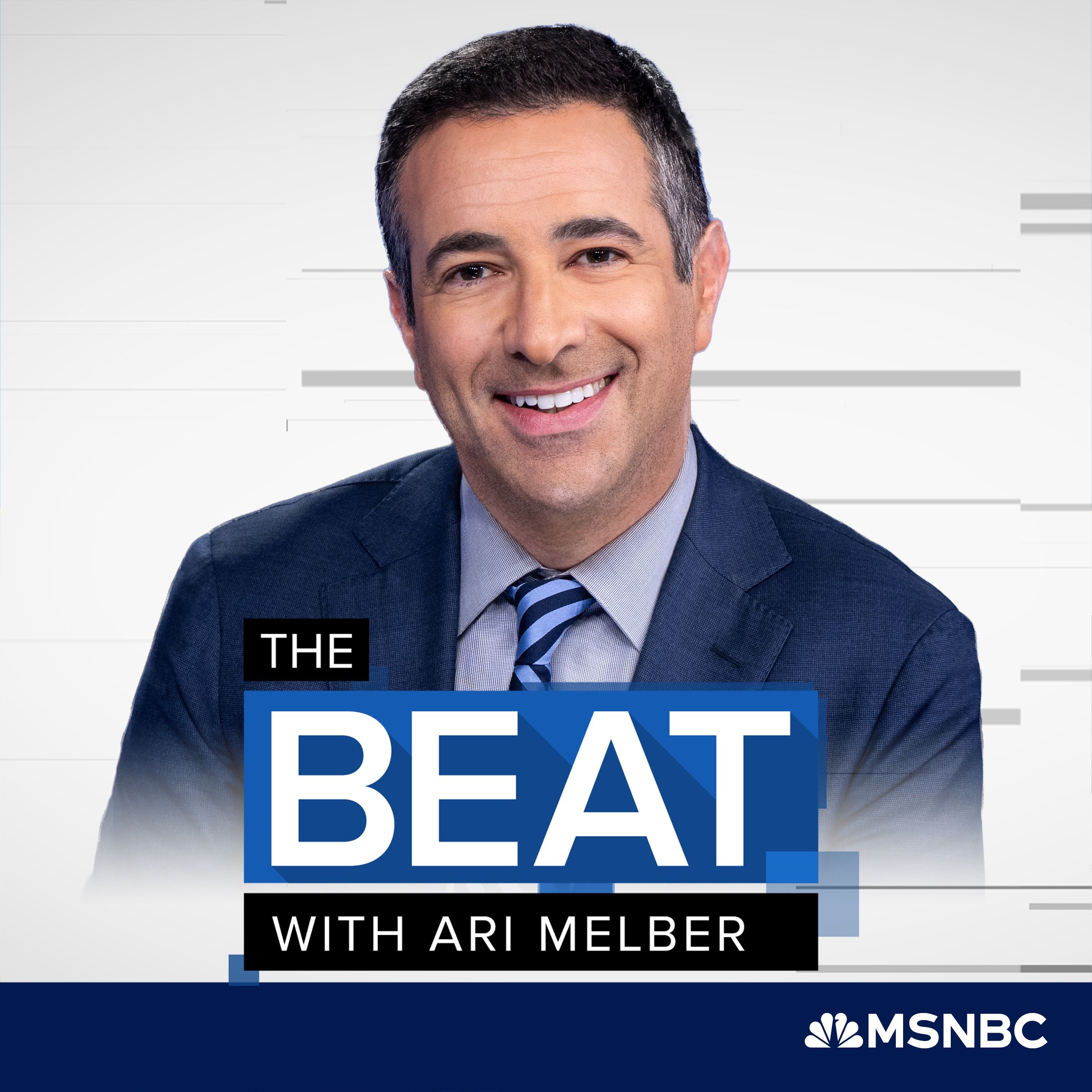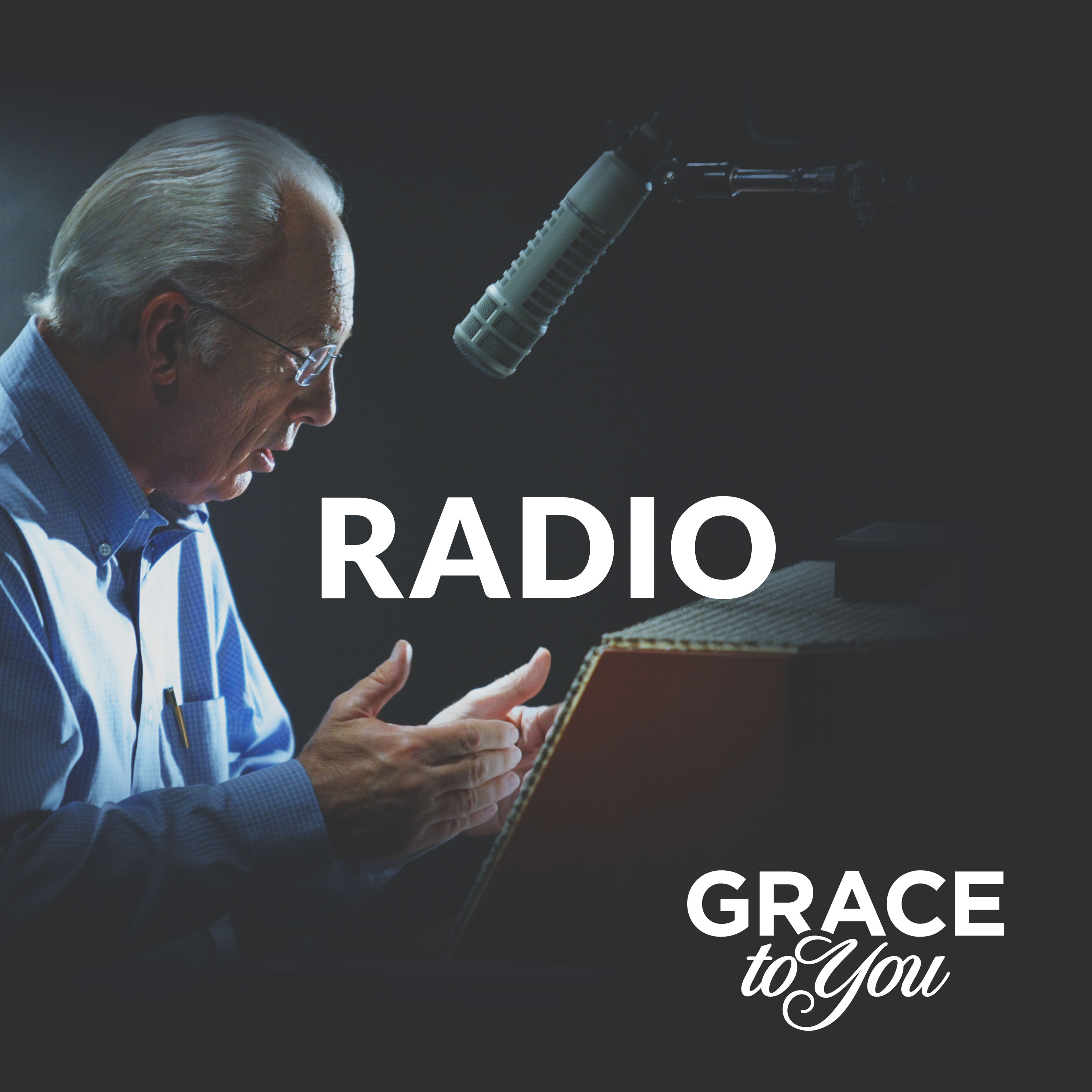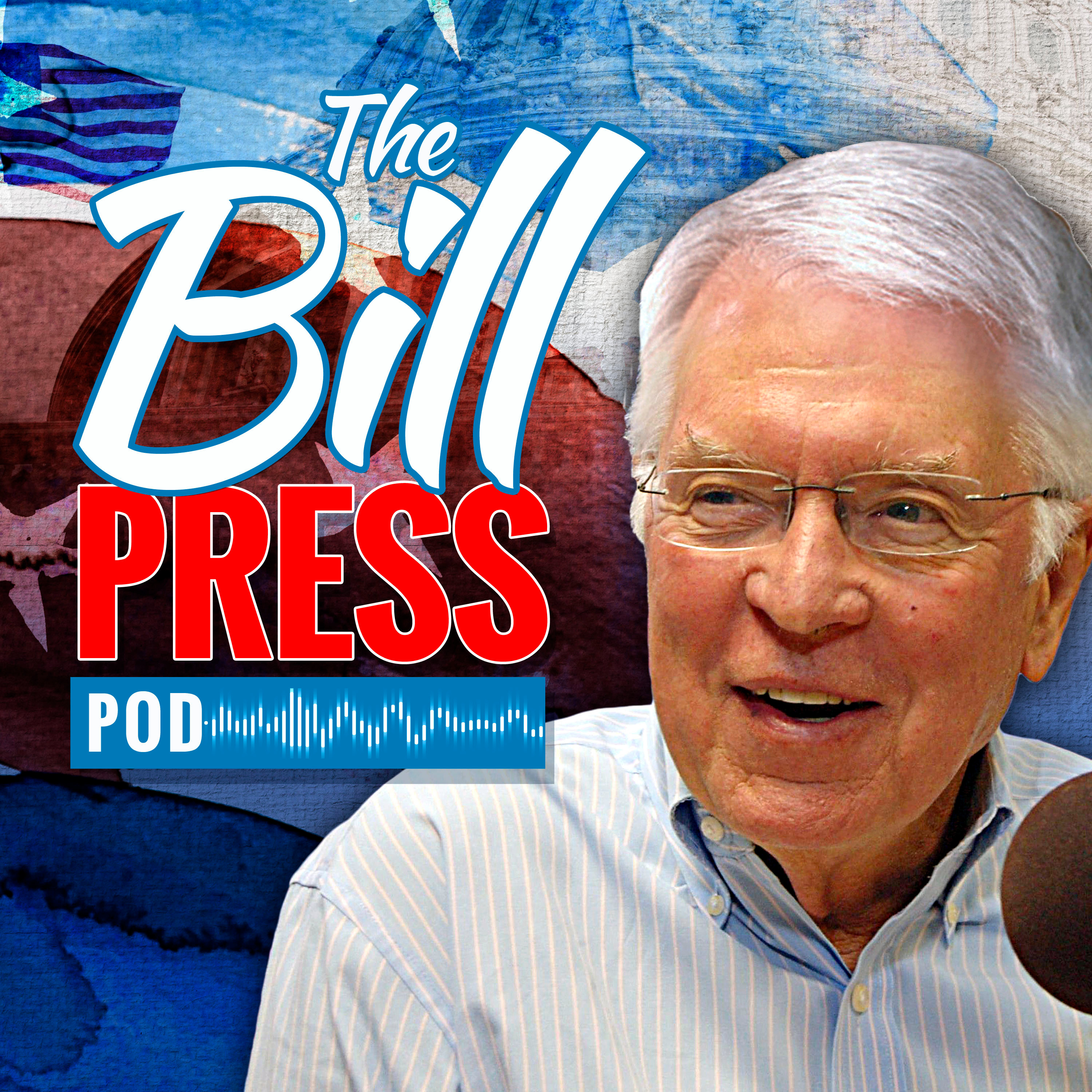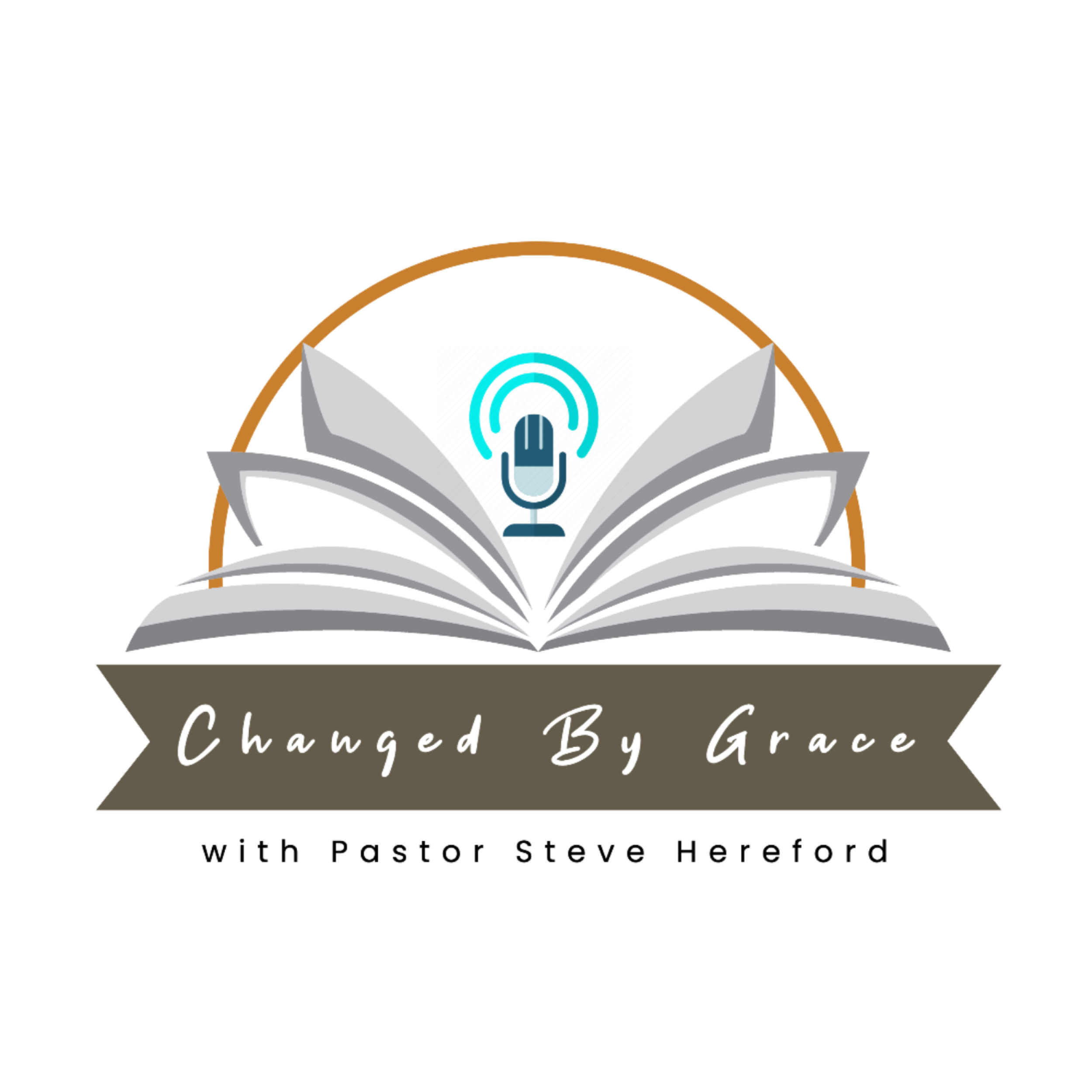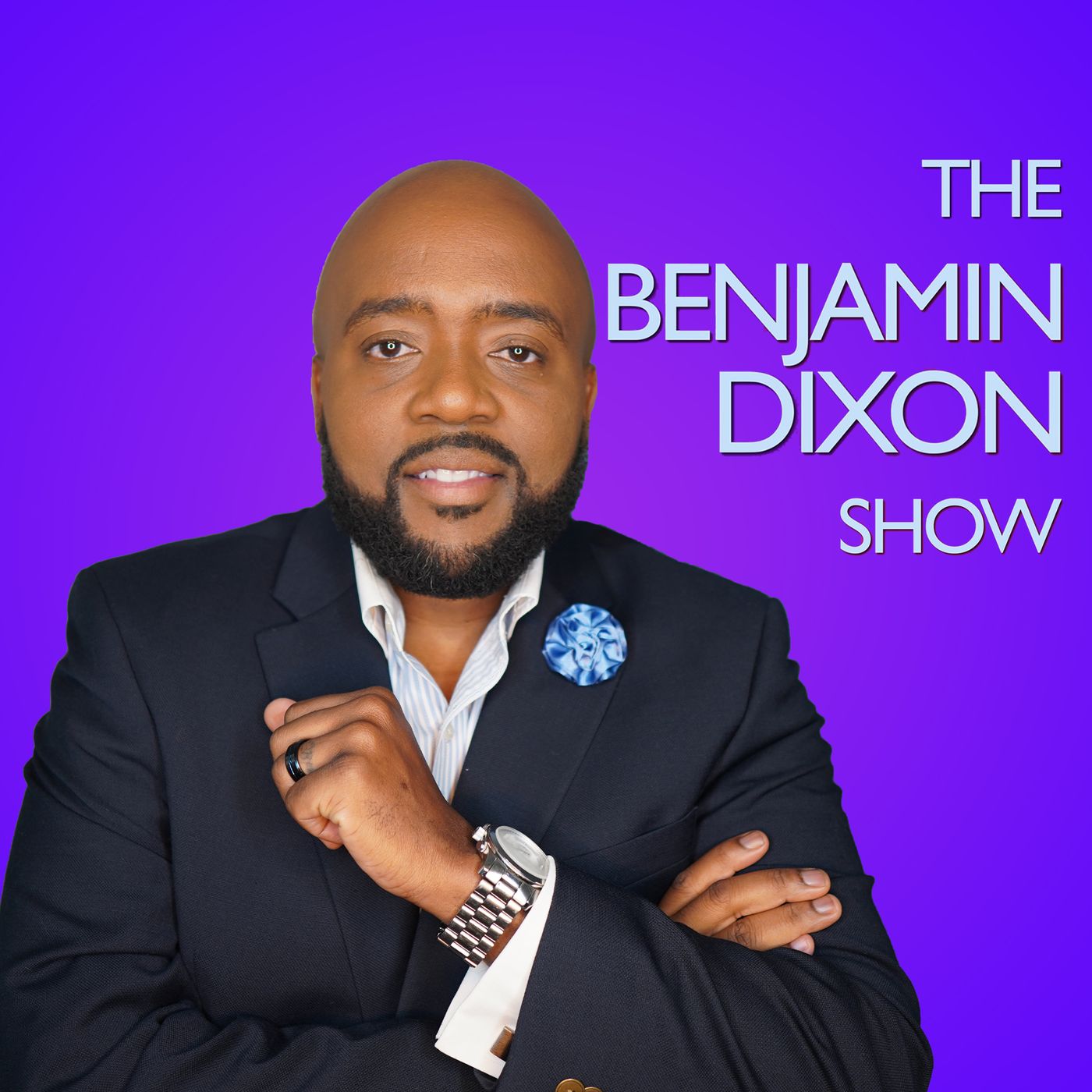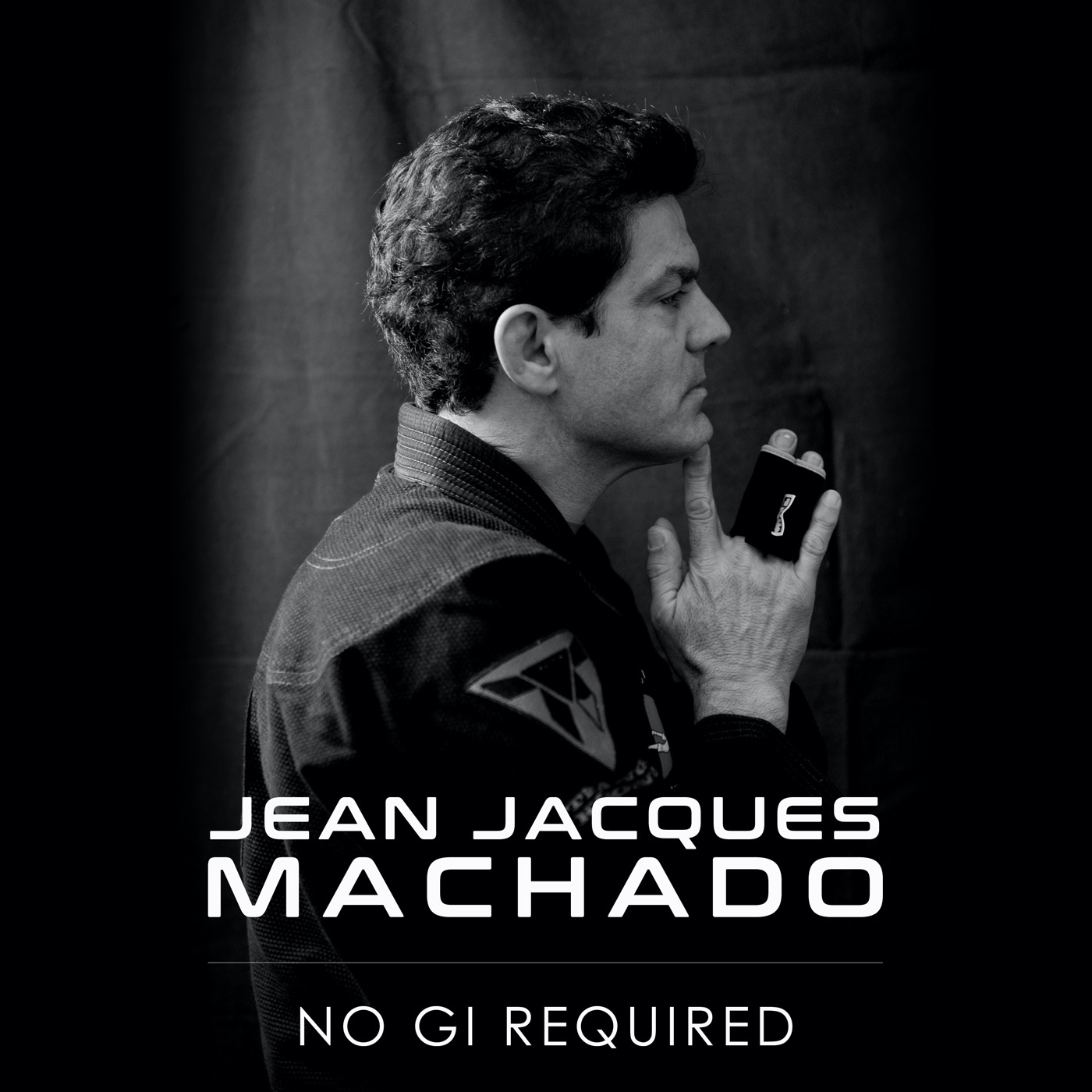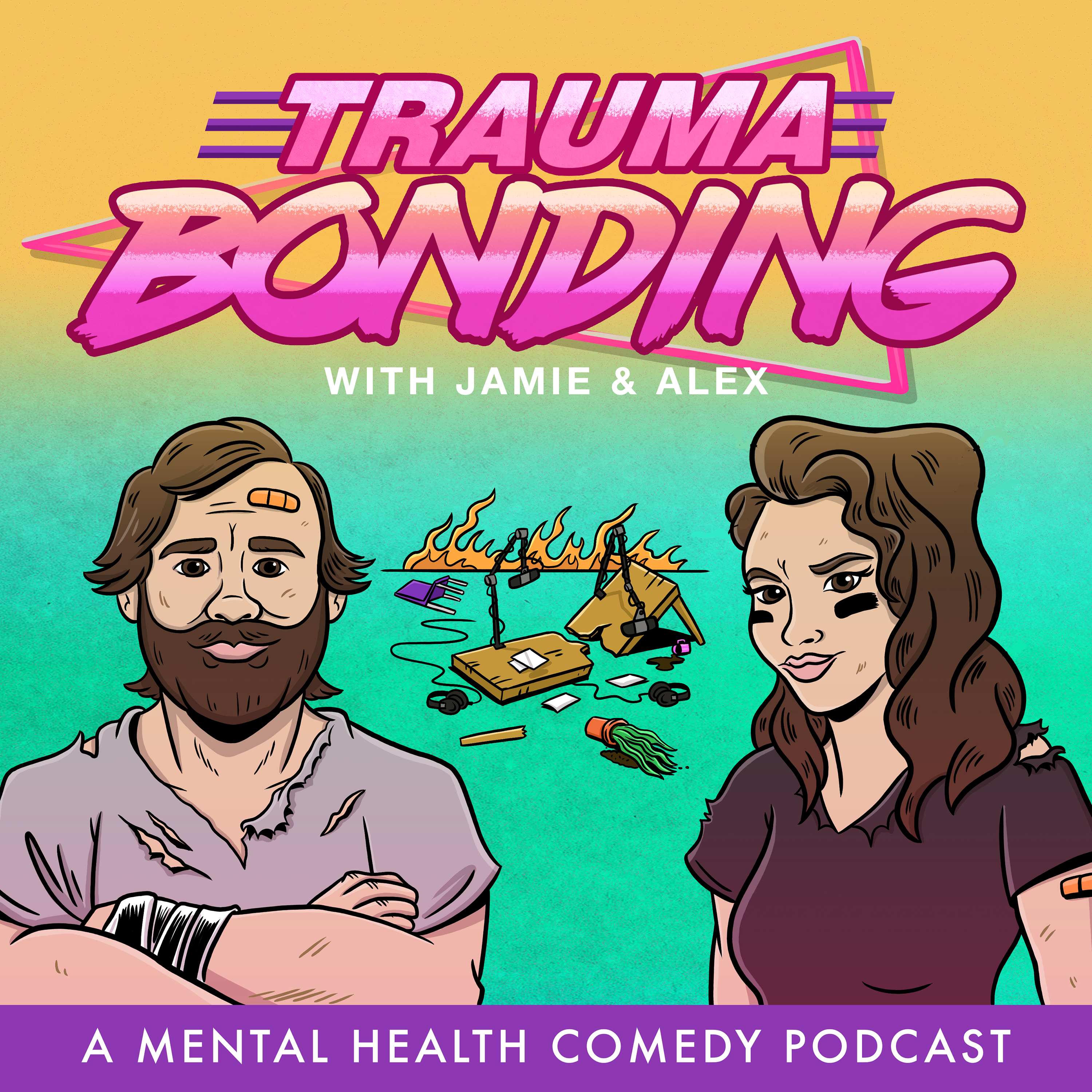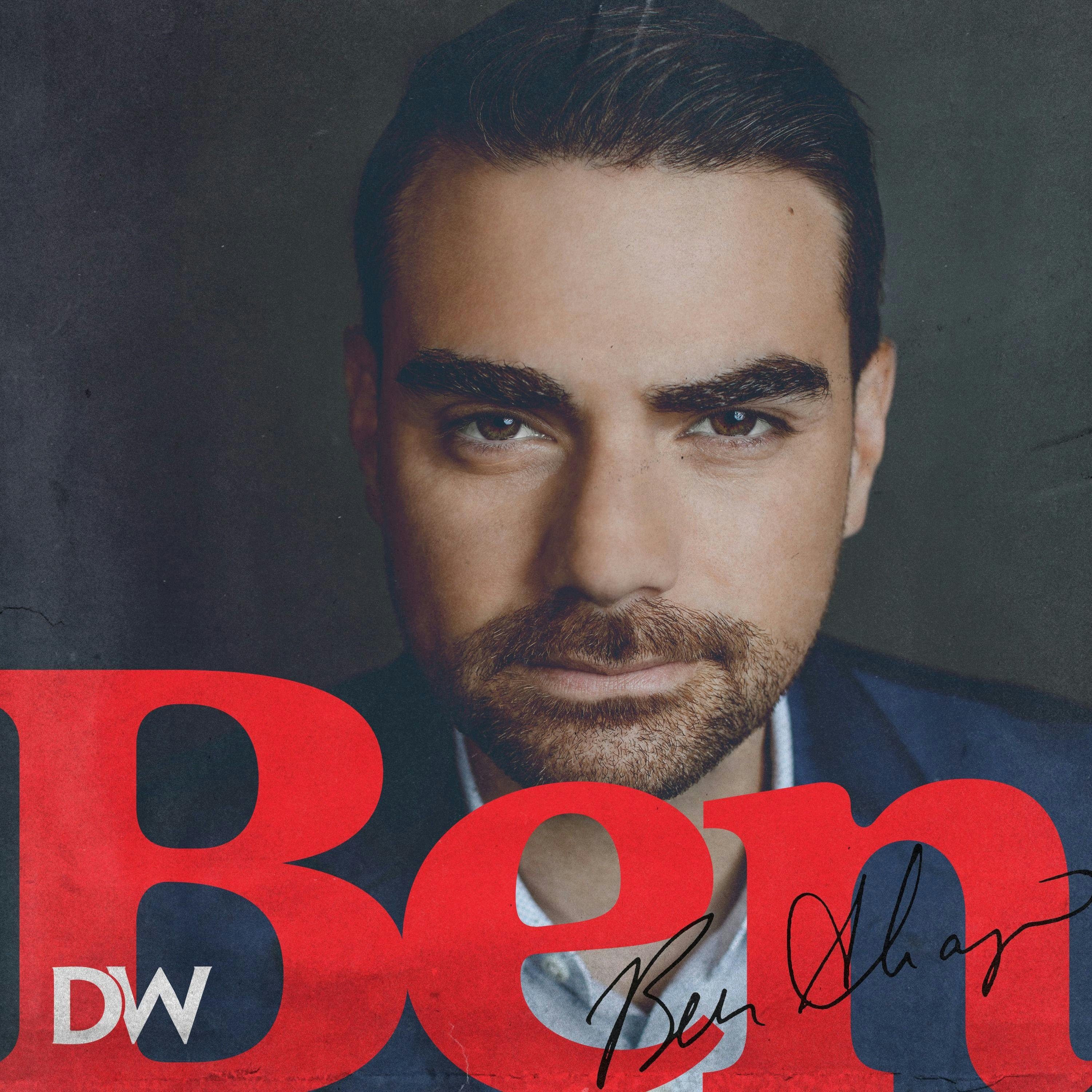
The Darrell McClain show
Independent media that won't reinforce tribalism. We have one Planet; nobody's leaving so let’s reason together!! Darrell McClain is a Military veteran with an abnormal interest in politics, economics, religion, philosophy, science, and literature. He's the author of Faith and the Ballot: A Christian's Guide to Voting, Unity, and Witness in Divided Times. He was born and raised in Jacksonville FL, and went to Edward H white High School,l where he wrestled under Coach Jermy Smith and The Late Brian Gilbert. He was a team wrestling captain, District champion, and an NHSCA All-American in freestyle Wrestling. He received a wrestling scholarship from Waldorf University in Forest City, Iowa. After a short period, he decided he no longer wanted to cut weight, effectively ending his college wrestling journey. Darrell McClain is an Ordained Pastor under the Universal Life Church and is still in good standing as well as a Minister for the American Marrige Ministries . He's a Believer in The Doctrines of Grace, Also Known as Calvinism. He joined the United States Navy in 2008 and was A Master at Arms (military police officer) He was awarded several awards while on active duty, including an expeditionary combat medal, a Global War on Terror medal, a National Defense Medal, a Korean Defense Medal, and multiple Navy achievement medals. While In the Navy, he was also the assistant wrestling coach at Robert E Lee High School. He's a Black Belt in Brazilian Jiu-Jitsu under 6th-degree black belt Gustavo Machado, Darrell Trains At Gustavo Machado Norfolk under the 4th-degree black belt, and Former Marine Professor Mark Sausser. He went to school for psychology at American Military University and for criminal justice at ECPI University.
The Darrell McClain show
The Quest for Justice in a Profit-Driven System
Could systemic failures ever justify extreme actions? On this episode of the Darrell McClain Show, we're tackling this controversial question as we examine the shocking case of Luigi Mangione, who stands accused of a violent act against UnitedHealthcare CEO Brian Thompson. We explore Mangione's manifesto, shared by journalist Ken Kippenstein, which critiques the U.S. for-profit healthcare system and draws on Michael Moore's "Sicko" to highlight the industry's moral failings. Moore joins us to share his thoughts, reiterating his pacifist stance while shedding light on the disturbing reality that more people in the U.S. work to deny healthcare than to deliver it.
This conversation doesn't stop at healthcare; it touches on broader societal issues. We reflect on the explosive reactions to Mangione's controversial words and the ethical implications of violence against corporate power. As we navigate through historical parallels and personal anecdotes, we confront the uncomfortable truths about wealth disparities and the urgency for transformative healthcare reform. We aim to balance understanding and moral concern as we examine the complexities of holding multiple truths and perspectives in today's divided world. Join us for this thought-provoking episode as we challenge the status quo and highlight the need for equitable solutions in healthcare and beyond.
Welcome to the Darrell McLean Show. I'm your host, darrell McLean. This is episode 437. We're going to talk about Luigi Mangione, and I'm pretty sure everybody knows exactly by now what that means.
Speaker 1:The full manifesto of Luigi Mangione, who is facing charges for shooting the UnitedHealthcare CEO, brian Thompson, has now been published. A three-page document was released by independent journalist Ken Kippenstein on his Substack blog and later confirmed to be a legitimate transcription by law enforcement authorities. In a handwritten manifesto, mangione claims that he was acting alone and that he apologized for any strife or traumas that his action had caused. According to Kiplingstein, parts of the document are unintelligible due to Mangione's handwriting. The manifesto was found on Mangione when he was arrested at a McDonald's in Pennsylvania when he was arrested at a McDonald's in Pennsylvania. Now the manifesto says something like this To the feds.
Speaker 1:I'll keep this short because I do respect what you do for our country. You have a lengthy investigation. To save you a lengthy investigation, I state plainly that I wasn't working with anyone. This was fairly trivial Some elementary social engineering, basic CAD and lots of patience. This spiral notebook, if present, has some staggering notes and a to-do list that illuminate the gist of it. My tech is pretty locked down because I worked in engineering, so probably not much info there. I do apologize for any human strife of traumas, but it had to be done. Luigi goes on to say frankly, these parasites simply had it coming. Luigi goes on to say frankly, these parasites simply had it coming.
Speaker 1:A reminder the US has the number one most expensive health care system in the world, yet we rank roughly number 42 in life expectancy. United is a largest company in the US by market cap, behind only Apple and Google and Walmart. It has grown and grown, but has our life expectancy? No, the reality is that it has simply gotten too powerful. They continue to abuse our country for a mid-profit because the American public has allowed them to get away with it. Obviously, the problem is more complex, but I do not have the space and frankly I do not pretend to be the most qualified person to lay out a full argument. But many have illuminated the corruption and greed. Eg Rosenthal more, decades ago, and the problem simply remains. Rosenthal Moore decades ago, and the problem simply remains. It is not an issue of awareness at this point, but clearly power games at play. Evidently I am the first to face it with such brutal honesty.
Speaker 1:Along with the manifesto. Prosecutors in Pennsylvania said Mangione was also carrying fake identification and money on him when he was arrested. So the people that were quoted there when he said that they laid out a more thorough case was Michael Moore and obviously Rosenthal. Rosenthal has not responded yet, but Michael Moore, what he laid out was the evidence in a film that he did a few years ago called Sicko, and it was about the United Healthcare System, because he was specifically mentioned. Uh, michael moore responded a manifesto against for-profit health insurance companies. He also said I hereby give you my oscar nominated documentary on the killer health insurance companies like united health care, sickle for free, and let's end and replace this so-called health care system. Now he goes on to say it's been three days since Luigi Mangione's manifesto was discovered in a bagpipe explaining why he assassinated the CDO of United Health Care.
Speaker 1:In the manifesto he said he was not the most qualified person to lay out a full argument against our poor profit health care industry. Apparently, mangiano was one of those qualified people he believed one of those qualified people is me. In his manifesto he referenced how I have illuminated the corporation, the corruption and the greed implying folks should go to work to understand the complexities and the power-hungry abuse within our system. It's not often that my work gets a killer five-star review from an actual killer, and thus my phone has been ringing off the hook, which is bad news because my phone doesn't have a hook. Emails are pouring in text messages, requests from many in the media. The messages all sound something like this Luigi mentioned you in his manifesto that people should listen to you. Will you come on our show or talk to our reporter and tell them that you condemn murder? Hmm, do I condemn murder? That's an odd question. In Fahrenheit 9-11, I condemned the murder of hundreds of thousands of innocent Iraqi people and the senseless murder of our own American soldiers at the hand of the American government In Bowling for Columbine. I condemned the murder of 50,000 Americans every year at the hands of our gun industry and our politicians who do nothing to stop it and our politicians who do nothing to stop it.
Speaker 1:In my 35 years as a filmmaker, I have said or done anything that has implied that I have condoned murder. As a teenager during the Vietnam War, I was required to register for the draft at the local draft board. There was a box on the form asking me if I had a problem with killing Vietnamese people. Actually, it just asked me to check the box if I was going to fill out for a conscientious objector, meaning if, given the opportunity, would I swear that I would never kill a Vietnamese person. I checked the box. Throughout my adult life, I have repeatedly stated that I am a pacifist. In fact, I have never struck another human being in my life, not even on the playground. I was taller and bigger than the other boys, so they mostly left me alone. Usually, I was the one who would try to stop the bullies from picking on smaller kids. When they started swinging at me, I would wrap my arms around them, picking their arms to their sides in a human straitjacket and not letting them go until they decided to stop.
Speaker 1:Here's a sad statistic for you, the United States. We have a whopping 1.4 million people employed with a job of doing nothing but denying health care, versus 1 million doctors in the entire country. That's all you need to know about America. We pay more people to deny care than we pay people to give care. 1 million doctors give care. 1.4 million brutes in cubicles are doing their best to stop doctors from giving that very care. If the purpose of the health care system is to keep people alive, then what is its purpose of denying people health care other than to kill them? I definitely condemn that kind of murder and in fact, I already did in 2007, when I made a film called Sicko about America's bloodthirsty, profit-driven and murderous health insurance system. It was nominated for an Oscar. It's the second largest grossing film of my career, after Fahrenheit 9-11. And over the past 15 years, millions upon millions of people have watched it, including, apparently, luigi Maggioni. Upon millions of people have watched it, including, apparently, luigi Maggioni.
Speaker 1:After the killing of the CEO of the UnitedHealthcare the largest of these billion dollar insurance companies, there was an immediate outpouring of anger towards the health insurance industry. Some people have stepped forward to condemn this anger. I am not one of them. The anger is 1000% justified. It's actually. It is long overdue for the media to cover it. It's not new. It's been boiling and I'm not going to tamp it down or ask people to shut up.
Speaker 1:I want to pour gasoline on that anger, because this anger is not about the killing of a CEO. If everyone who was angry was ready to kill the CEOs, the CEOs would already be dead. This is not what this reaction is about. It is about the mass death and misery and the physical pain, the mental abuse, the medical debt, the bankruptcies in the face of denied claims and denied care and the bottomless deductibles on the top of ballooning premiums. That is the healthcare industry that it has levied against the American people for decades, with no one standing in their way, just a government, two broken parties enabling this industry, theft and, yes, murder.
Speaker 1:And now the press is calling me to ask why people are angry, asking me do I condemn murder? Yes, I condemn murder and that's why I am condemned. The America's broken, vile, respacious, bloodthirsty, unethical, immoral healthcare industry, and I condemn every one of the CEOs are in charge of it, and I condemn every politician who takes their money and keeps this system going. Instead of tearing it up, ripping it apart and throwing it all away. We need to replace this system with something sane, something caring and something loving, something that keeps people alive. This is a moment where we can create that change, but instead, what are we doing? What are our leaders doing? What is the Democratic Party doing? This is exactly what they're doing. This is why people are angry. Listen to the everyday American on TikTok.
Speaker 2:Minutes of the shooting, people began to rage at a system that isn't working and a health care industry that puts profits ahead of patients. But instead of feeling heard by American leaders, many felt their anger was being willfully misconstrued.
Speaker 3:I'm still watching the reactions of establishment Democratic politicians to this UnitedHealthcare assassination and increasingly realize why we lost the election. I mean just the totally missing the moment, missing the point. Repeating all these empty platitudes, like violence is never the answer, and instead of responding to all of the outpouring of sympathy and cynicism and outrage, not towards the shooter but to our healthcare system, democrats spend no time speaking or even trying to understand what is the rage and dissatisfaction that drives ordinary people to support a cold-blooded murderer.
Speaker 1:Now here's a perfect example of what the young man in that video is talking about. At a press conference, Pennsylvania's Governor Josh Shapiro repeatedly grabbed the spotlight, just so he can say stuff like this.
Speaker 4:Violence can never be used to address political differences, or to address a substantive difference, or to try and prove some ideological point. That is not what we do in a civilized society. That was true in Butler, it was true in New York City and it's true anywhere. That is not how you make progress in this country. The person the suspect here who shot at that CEO and killed that CEO, is a coward, not a hero.
Speaker 1:Now Shapiro wasn't alone. After the killing, which was just one more gun death and an unending sea of American gun deaths, our Democratic leaders are still chimed all in to say in America we don't violence. In America, no place for political violence. America's entire history is defined by political violence. We slaughtered the Native American people who already lived here. We enslaved and slaughtered the African people. Our founding fathers kidnapped and brought them here. We to this day force women in our country to give and brought them here. We to this day force women in our country to give births against their will. 77 million Americans just voted in November to approve Trump mobilizing the US military to round up and forcibly remove immigrants dead or alive from our country. We spent $8 trillion in the last 20 years bombing, slaughtering people in the Middle East. We are spending billions and billions of dollars right now to bomb, kill and starve and exterminate women and children in Gaza. And now our leaders are telling us there's no place for political violence in America.
Speaker 1:People across America are not celebrating the brutal murder of a father of two kids from Minnesota. They are screaming for help. They are telling you what's wrong. They are saying that this system is not just and it's not right and it cannot continue. They want retribution, they want justice, they want health care. Justice, they want health care and they want us to use their money to live, not to throw it away each month in a black hole of the health care insurance premium, only to discover that when time finally comes to use their insurance, when the leg breaks or the car crashes or the gun accidentally goes off that their health insurance company is there to help them, but not to deny their claims, to bankrupt them with deductibles and co-pays, to give them the runaround until their spirit is broken and they just give up and suffer and wait to die. But the politicians and the pundits and the headlines aren't telling you that, just like they aren't telling you the truth about this crime. They're so busy telling you not to riot and not to participate in an uprising against their advertisers and the campaign funders that they won't tell you what this really is about A rich on rich crime. Luigi, a young rich man with a couple of Ivy League degrees, a scion of his family that owns two of the biggest country clubs in Maryland and one who is in line to inherit a chain of nursing homes. In other words, scion of a family that's enriched themselves off of a broken health care system by bilking retirees and their families in their end of days. This young, rich man had an ax to grind against another multimillionaire, a CEO, facing a Justice Department antitrust investigation, as well as an accusations of bilking taxpayers in medicaid and medicare schemes and in participating in illegal insider trading.
Speaker 1:On monday, the mainstream media was breathlessly reporting about luigi's manifesto. On tuesday, though, the manifesto was leaked, the mainstream media refused to publish it. By wednesday, with the whiff of perfectively choreographed PR move, the mainstream media stopped calling it a manifesto. Now it was a letter, or a confession, or rantings. Some of the words were, you know, undistinguishable. It wasn't a manifesto, it was nonsense. Indistinguishable it wasn't a manifesto, it was nonsense. Clearly, the health insurance companies were immediately spending millions of dollars on publicists and lobbyists to convince each of the networks to send out a memo to their anchors and reporters banning the word manifesto, in the desperate hope that the american public would not be inspired to rise up, not with violence, but with the immense power they already hold in their own hands. Because the numbers don't lie there are only 800 billionaires in this country, 6 million millionaires and 160 million of people who may be listening right now, who are living from paycheck to paycheck and literally cannot even afford the rent. For God's sake, don't call what that person wrote a manifesto, because the one mistake the rich have made is that those 160 million working class people were taught free of charge to read.
Speaker 1:I don't know when Lyndon Baines Johnson used the manufactured Gulf of Tonkin incident to launch the Vietnam War. He addressed the nation. Was 546 words long. Lbj's manifesto ended with the pledge that America's mission is peace. The mission ended in the pointless deaths of 58,222,000 American soldiers and 4 million people in Southeast Asia. When George W Bush addressed the nation on the night of his shock and awe, his manifesto was his shock and awe. His manifesto was 578 words. In it he promised that the people we liberate will witness the honorable and decent spirit of the American military. George, his words killed nearly 5,000 American service members and countless thousands of Iraqis. 163 years ago, half of our country, desperate to keep enslaving people, launched a civil war leading to President Abraham Lincoln's manifesto, the Gettysburg Address, which was just 262 words long. Luigi's manifesto is also 262 words long.
Speaker 1:But don't get me wrong no one needs to die. In fact, that's my point no one needs to die. No one should die because they don't have health insurance. Not one single person should die because the health insurance denies their health care in order to make a buck or 32 billion bucks. These insurance corporations and their executives have more blood on their hands than a thousand 9-11 terrorists, and that's why they are scrubbing their executive profiles from their websites and putting up fences around their headquarters, because they know what they have done. You can't be the CEO of a company where you knowingly deny care to people, often leading to their deaths, and not have people mad at you. People hate you. People have no pity for you because you had no pity for them.
Speaker 1:But I have a solution. No one has to kill anyone and it doesn't cost anything. Have a solution that does not involve any violence. Unless violence to you means us taking money out of your rich hands and pockets, unless violence to you means you can't send your kids to USC or UPenn or buy a third vacation home or a fourth Tesla or a fifth Land Rover and another yacht, the solution is simple Throw the entire system in the trash. Dismantle this immoral business that profits off the lives of human beings and monetizes our deaths, that murders us or leaves us to die. Destroy it all and instead replace it. Give us all the same health care system that every other civilized country on Earth have Universal, free, compassionate and full of life. Give us Scotland, give us Uruguay. Give us Taiwan. Give us Canada, or give us death. Taiwan, give us Canada, or give us death. Just go ahead and deny us all now the care that we will solemnly one day need, or give us Canada and let us get busy curling. And now, after doing all this, what I would like is for everyone to go and look at the movie sicko when it's over. It is now free on youtube.
Speaker 1:I think that was perfectly stated, and I can only add this for us, as a human being, when I was told that the, that the CEO, had been shot, my own reaction was almost a so what people die every day? Type of reaction. I don't consider myself to be any different than anybody else. I'm probably more thoughtful at times and other times not so much, but I did understand the rage and the frustration. And then it made me wrestle with the question is a broken system an excuse for murder? When Brian Thompson was shot to death, something strange and disturbing we may think happened that the gunman was lauded, and we may think it's strange that he was lauded because the CEO was a victim the largest health insurance company we all saw the friends of the person that was accused. Um suffered from debilitating back pain and that seems to be his motives why observers share the anger and they have turned the person into a folk hero, sharing gleeful rage and gleeful hatred of the health care system. The celebration of the gunman suggests that many people believe the killing was justified, and I think we have to wrestle deeply within ourselves to ask were they right or are they wrong? A lot of people may think that I've never had to live with any real pain to myself navigate the labyrinth hellscape that is the UF healthcare system, and I wish that was the case, but it's not.
Speaker 1:In around 2015, I got in a very bad accident, messing up my shoulder. The doctors were able to pull it back together over the course of a few surgeries. After about 5 surgeries, I was given terrible advice about how to wean off my opioid medication. I endured 29 days of agonizing withdrawal and at that time I couldn't use the right side of my body and had to go to physical therapy and was basically pretty much told I would not have function in the part of my body again, have function in the part of my body again. The American healthcare system being what it was, I spent a long time fighting with insurance companies to cover the aspects of my care After the surgery. I was actually surprised as well by an unexpected piece of mail with the letter that informed me that the hospital uh, the the astronomical amount that it was and that my insurance company had denied coverage. It took hours, over the course of weeks, to settle the bill, which happened when someone at the insurance company finally spotted an administrative error that led to a denial of coverage, allegedly. To add insult to injury, I learned that the amount the hospital charged my insurance company was a fraction of what the hospital had charged me in that hand-delivered bill. So, believe me, I get the rage.
Speaker 1:The supposed motives assigned to the shooter may well be understandable, but not everything that is understandable is justifiable. This is a tragic situation and it should motivate us to change the institutions and structures that have failed so many people, but not to give murderers a pass and especially not to try to glorify it. I'll explain this in a very simple truism. I'll just start with the claim that we don't usually have to make explicit, but it seems to be under real scrutiny in this case. This case, murder is wrong. Indeed murder, by its definition, is wrongful killing. So if Brian Thompson, even though he was a CEO, was murdered, then the killer was wrong to do it, because murder includes the concept of wrongness, though celebrating the gunman seemed to endorse the view that the killing was not wrong, which means it wasn't murder. It must be instead a justified killing. This is not a novel concept, as many other forms of killing are held by some people to be justified Killing in self-defense, killing in a just war and, depending on one's views, state sanctioned executions.
Speaker 1:The question that this particular case raises for us all what could possibly justify thompson's killing? Shooting a unsuspecting civilian in the back does not resemble any paradigm of justified killing. The answer seems to be that people are saying because of his role in the healthcare industry, that alone justifies his death, because his job meant he did terrible, bad things and therefore he was a terrible and bad person. This is where I think people are making a mistake. They sympathize with the accused man's apparent situation, even though some of the details can be a bit murky, but that move is illicit. Feeling bad for someone's plight or even sharing it does not make the person's actions permissible. The accused man may well have been wronged by the health care system, as many people like me have been wronged by the health care system but we still do not commit murder.
Speaker 1:People may also be responding to a sense of vengeance, or even a sort of cosmic justice, because it feels good when bad things happen to people that we think are bad. This type of belief is the existence of a moral desert and it is deeply seductive, which explains, among other things, the popularity of revenge narratives in movies and books. Audiences love watching Liam Neeson brutally pay back violence of those who live by violence. I am very skeptical of desert views. I tend to think that it's not necessarily good when bad things happen, even when bad things happen to alleged bad people. But that's a difficult and continuous theoretical debate and I don't have the time to get into that complex thought process that I have. Because, even if we can see that bad people deserve bad outcomes, I think we should obviously reject the idea that bad people deserve to be killed in the streets by a vigilante, and we should all be grateful to reject that view because many of us have done things that we are not proud of or we might love someone who is deeply flawed.
Speaker 1:Brian Thompson may be a corrupt CEO to some, but he was also a father and a husband and a son and presumably had dear friends and other loved ones. Along one dimension of his life, he played a role that many find objectionable. Along one dimension of his life, he played a role that many find objectionable, but all of us are multi-dimensional people. Ethics, values, they're hard and it's not always in a technical sense. The argument that Thompson's killing was wrong is not logically sophisticated, nor does it take significant expertise to make.
Speaker 1:What's difficult, rather, is to live in a messy middle of all our important moral conversations, not only about healthcare, but about politics, climate change, the war in Gaza, abortion and a million other hot-button issues. A killing can be simultaneously wrong but understandable. Wrong but understandable. But noting some sympathy or shared rage should not for a moment not for a moment trick us to think that we have undermined the case for deep moral concern that a person was killed in broad daylight. Many things can be true at once, and we must be capable of holding them all in our heads at the same time. That's my opinion on the topic. Thank you for tuning in and I'll see you on the next episode.







